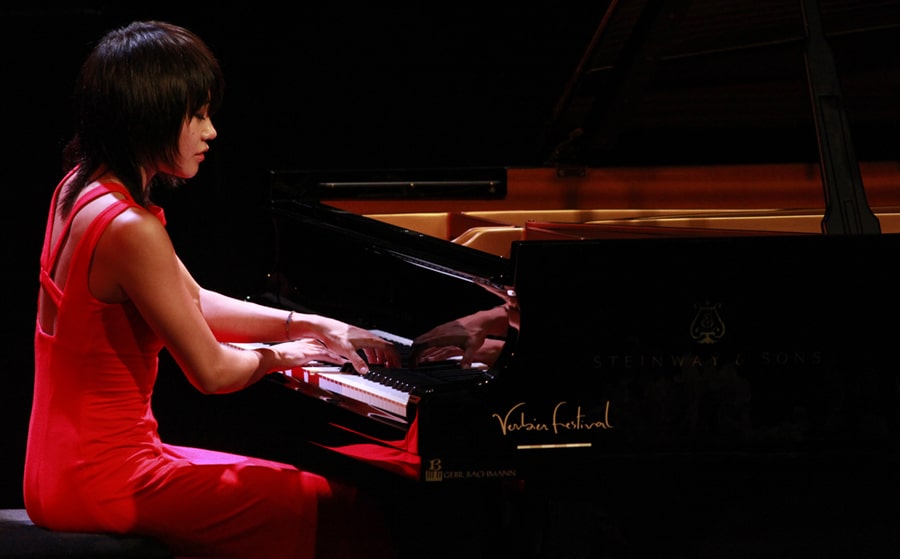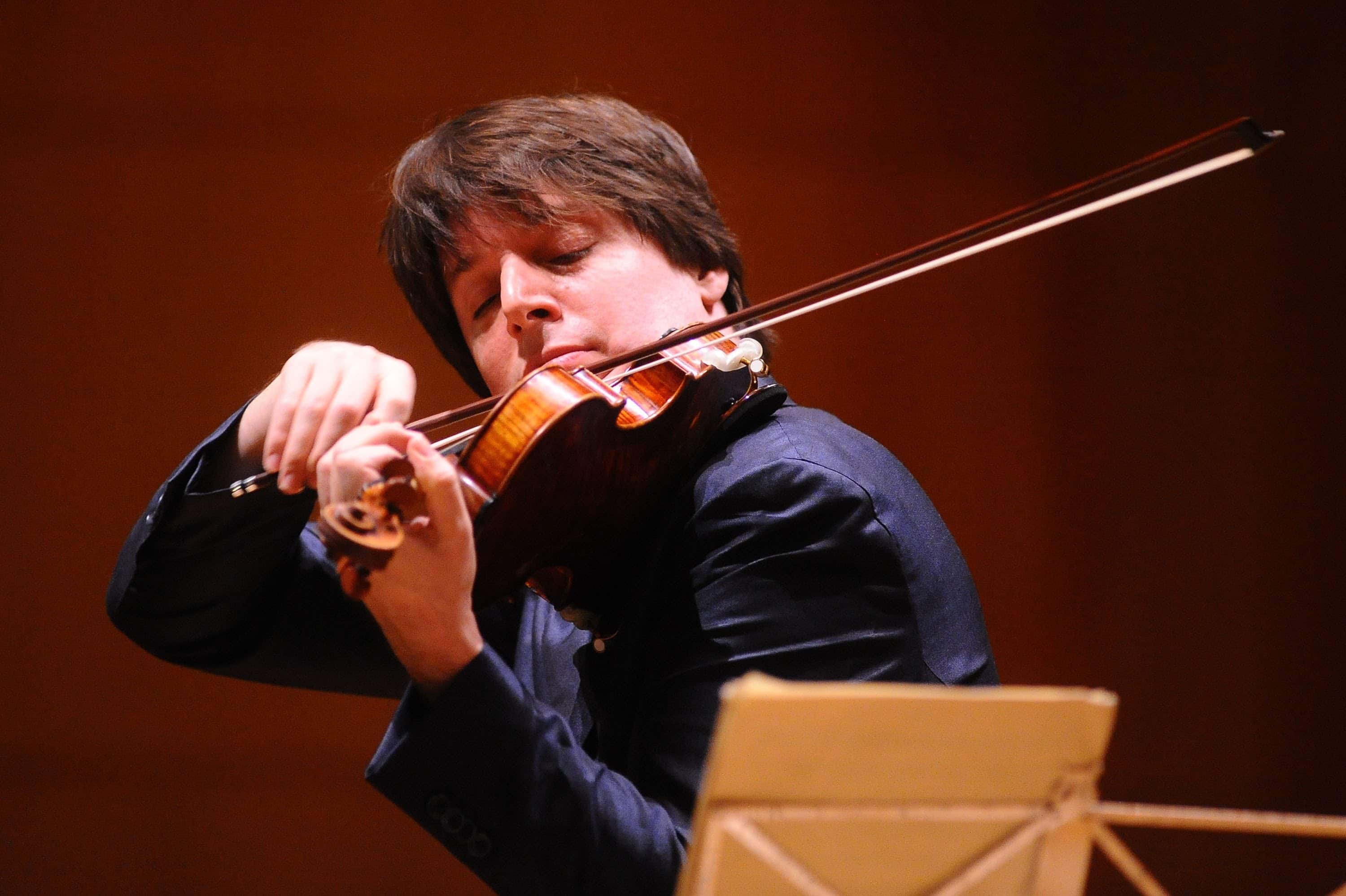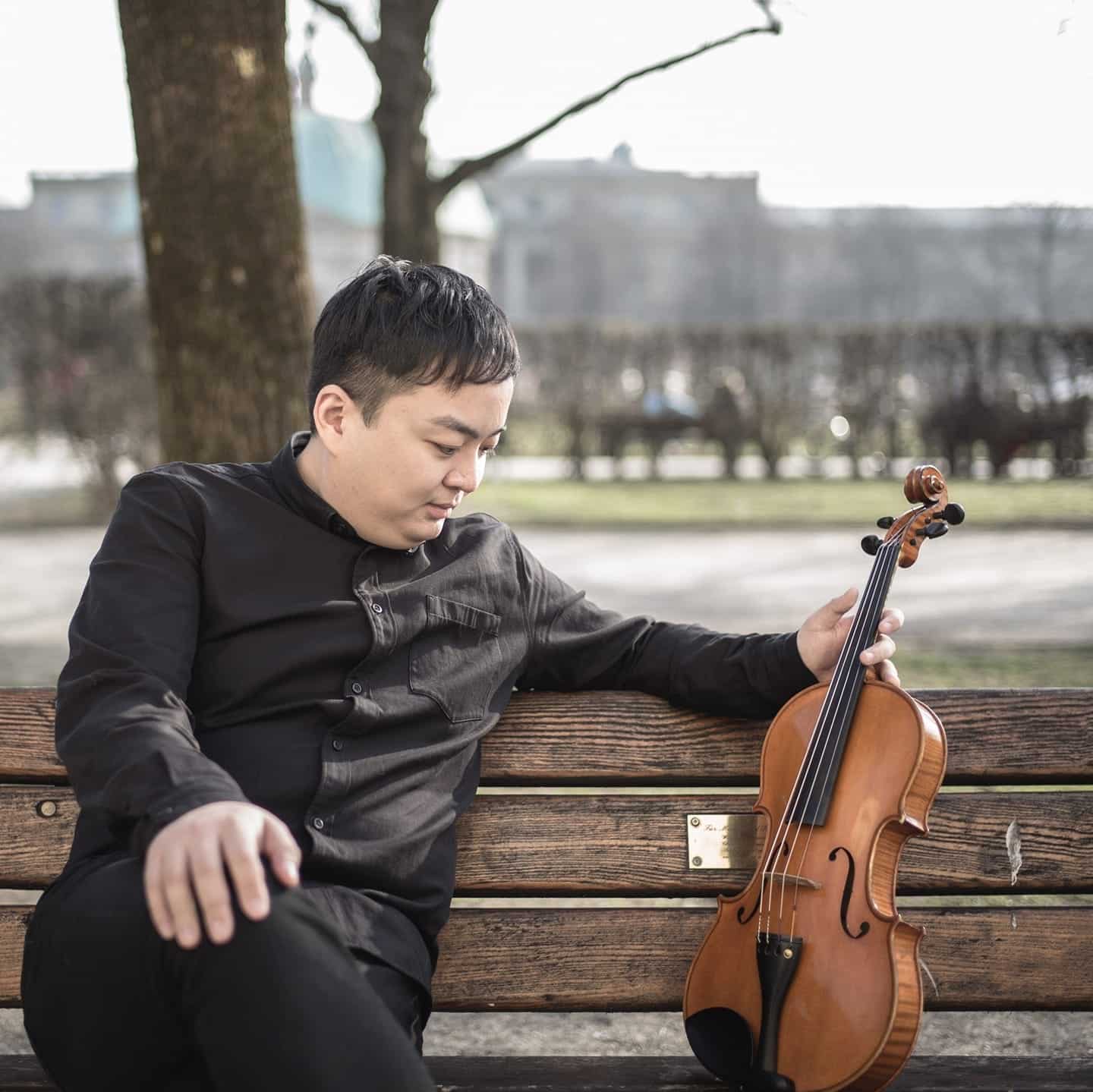Anja Silja: ‘I hate surtitles’
mainFrom the great soprano’s archived interview with Bruce Duffie.
BD: Is it good now that all the operas are done in the original language, with the text above so the people can follow exactly?
AS: No. [Laughs]
BD: [Genuinely surprised] No???
AS: No. I don’t like it. It’s important for so many opera-goers who never saw that opera, but I believe that they should come prepared, which is obviously not possible. They should come prepared, and if not, they should just have first the feeling and the idea about what’s going on. Then later on they can learn and go again, which is also a problem. I know that, but looking up all the time takes so much of their attention. Also for us, especially for me. I’m very far-sighted, and if the lights are not directly in my face then I see very far, and I see the public looking up, and that distracts me terribly. So it also takes my concentration a little bit away because I always think they are not interested. But of course they are. They’re just looking and reading.
Read the full interview here.






Let’s be honest about surtitles: since they became available, I’ve been better able to follow the libretto. Before surtitles (or the MET variant), I often enjoyed the music alone, while helplessly trying to understand what was going on on stage. Yes, I was reading the synopsis ahead of time, sometimes even parts of the libretto, but I couldn’t possibly know remember every twist and turn. Was I alone?
Translating opera to people’s native language has its merits, but can sound too unidiomatic.
In an ideal world one would consign the libretto to memory. However, in 2015 there’s so much vying for attention that it would be difficult to accomplish such a task.
Yet another misleading, false quote. She does not say she hates surtitles. There is a difference between “I don’t like” and “I hate”, as any fourth-grader knows.
She’s right: if you’re focusing on the stage performers with your binocs, you can’t read the subtitles above the stage or on back of the seat.
I do think surtitles or back of seat titles have encouraged companies and patrons to put on more unfamiliar operas. Experienced opera lovers don’t need them for standard rep works, even text-heavy pieces like Rosenkavalier or Meistersinger. But if I’m going to, say, Die Tote Stadt, I appreciate them.
And what about Carmen with French surtitles in Paris or Peter Grimes with English surtitles in London or Tosca with Italian surtitles in Milan ?…
Well, when I, being a native German speaker, was in my first Frau ohne Schatten (Berlin, about 15 years ago), I would have given a lot for surtitles – at that time, they were common in foreign language performances only.
I already had some years of opera experience, including Elektra and Rosenkavalier, I had read the synopsis before, and it was a rather conservative (by German standards…) production (Götz Friedrich, I guess) – but while the music was fantastic, I was sitting there and asking myself: what the hell are they singing about?
I much prefer to have subtitles. Besides, if you have a tiny bit of experience in watching movies/tv series with subtitles or even just comic books, you can manage to read the subtitles with a glance without losing trace on what’s happening on scene or following the music.